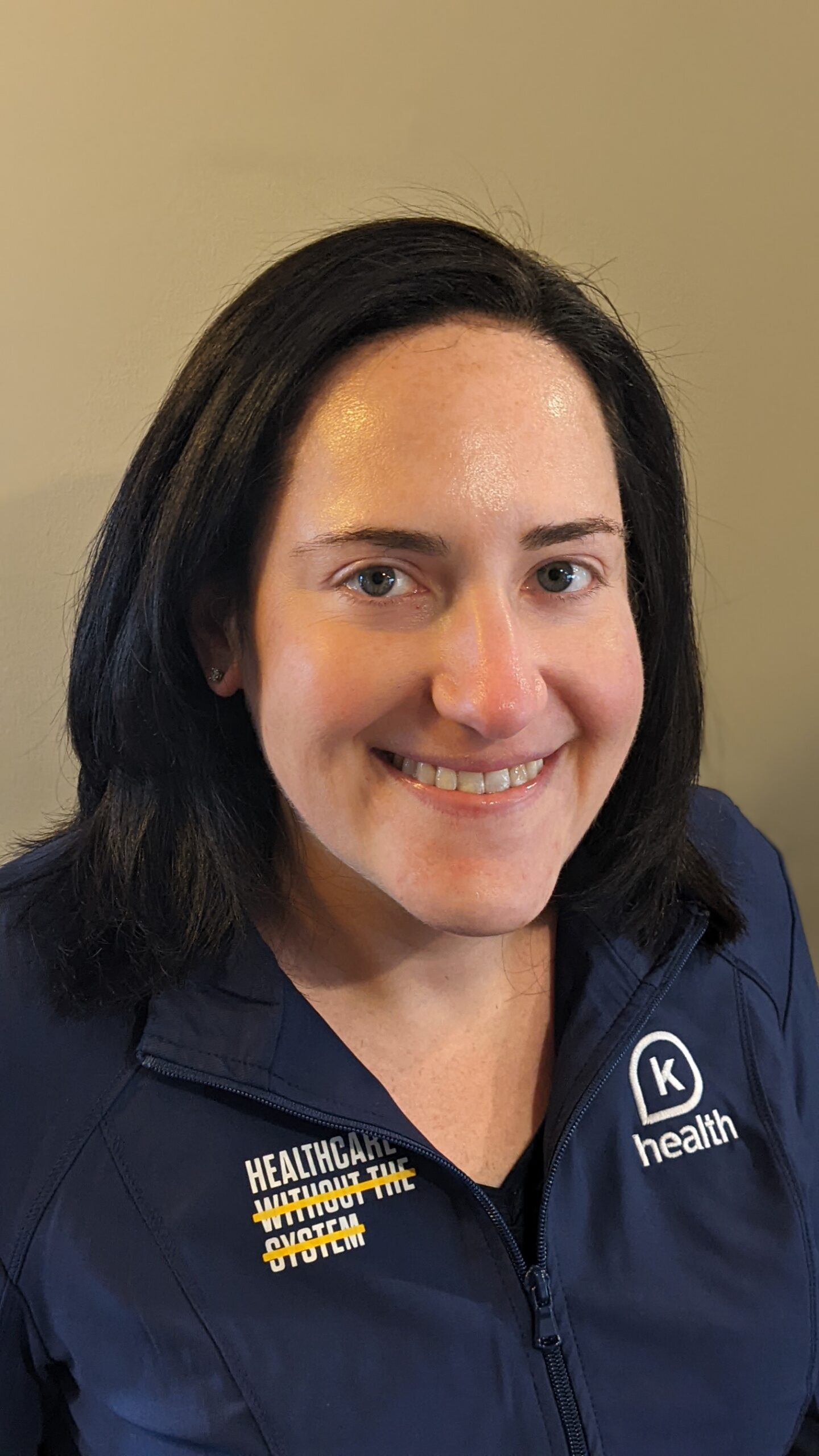Most people experience stomach pain from time to time. But knowing when to speak with a medical provider about your stomach pain is essential to getting care when you need it most.
It’s important to speak with a healthcare provider if your stomach pain is severe, comes on suddenly, or occurs after an accident or injury. You should also reach out to your provider if you experience stomach pain accompanied by any additional severe symptoms.
When to See a Doctor for Stomach Pain
Stomach pain can disrupt your quality of life, making it difficult to carry out everyday tasks like performing at work, socializing, or running errands. Thankfully, many cases of stomach pain resolve on their own within a few days. But there are a few signs to watch out for that should warrant medical attention:
- Stomach pain that lasts for one week or longer
- Severe stomach pain that occurs with nausea and vomiting and doesn’t improve within 48 hours
- Severe bloating that does not improve within two days
- Burning sensation while urinating
- Frequent urination
- Diarrhea for more than five days
- Fever
- Prolonged poor appetite
- Prolonged vaginal bleeding
- Unexplained weight loss
- Blood in the stool
Have stomach pain? Chat with a medical provider using K Health.
Get startedTypes of Stomach Pain
Many people use the term “stomach pain” to refer to any pain experienced in the general abdominal area. But where you feel pain can help to identify where it’s coming from. Possible locations of stomach pain include:
- Digestion-related: Pain in the upper or lower left quadrant of the abdomen, where the stomach, spleen, intestines, and colons are located.
- Appendix-related: Pain in the lower right quadrant of the abdomen may signal a problem with your appendix.
- Pancreas, gallbladder, or liver-related: Pain in the upper right quadrant of your abdomen may signal a problem with your pancreas, gallbladder, or liver.
The type of stomach pain you’re experiencing can also help your provider to determine the underlying cause. When speaking about your symptoms, try to clarify what type of pain you’re having, including:
- Cramps
- Bloating
- Diarrhea or constipation
- Sharp pain
- Dull or gnawing pain
Common Causes
There are many possible causes of stomach pain, which can make it difficult to identify the underlying cause. Stomach pain can be brought on by troubles with digestion, menstruation, or infection. Some common causes of stomach pain include:
- A viral or bacterial infection
- Indigestion
- Acid reflux
- Gastroenteritis
- Constipation
- Food poisoning
- Menstrual cramps
- Urinary tract infections
- Gallstones
- Kidney stones
- Appendicitis
- Diverticulitis
- Inflammatory Bowel Disease (IBD)
- Irritable bowel syndrome (IBS)
- Polycystic ovary syndrome (PCOS)
- Ovulation
- Cysts or ulcers
- Uterine fibroids
- Endometriosis
- Interstitial cystitis
- Sexually transmitted infections (STIs)
- Pelvic inflammatory disease
- Pelvic adhesions
- Pancreatitis
When to Seek Emergency Medical Care
In rare cases, stomach pain can be a symptom of a serious condition. It’s important to watch out for certain symptoms that warrant emergency medical care. If you experience any of the following, please seek immediate medical care:
- Inability to pass stool
- Vomiting blood
- Chest, neck, or shoulder pain
- Sudden, sharp abdominal pain
- Pain in or in-between your shoulder blades with nausea
- Tenderness in the belly, or a belly that is rigid and hard to the touch
- Difficulty breathing
You should also seek emergency medical care if you’re experiencing severe abdominal pain while pregnant or undergoing cancer treatment.
Have stomach pain? Chat with a medical provider using K Health.
Get startedAt-Home Relief for Mild Stomach Pain
There are several things you can do at home to soothe mild stomach pain, including:
- Sip water or other clear fluids
- Avoid solid food for the first couple of hours
- If you’ve been vomiting or having diarrhea, try eating only small amounts of bland foods, like rice, applesauce, and toast
- Sit upright after meals
How K Health Can Help
Did you know you can access online urgent care with K Health?
Check your symptoms, explore conditions and treatments, and if needed, text with a healthcare provider in minutes.
K Health’s AI-powered app is based on 20 years of clinical data.
Frequently Asked Questions
K Health has strict sourcing guidelines and relies on peer-reviewed studies, academic research institutions, and medical associations. We avoid using tertiary references.

 Medically reviewed
Medically reviewed